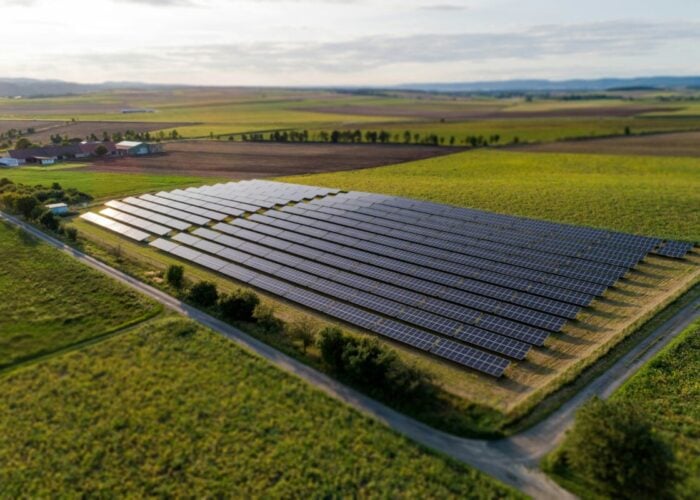Battery-based energy storage systems from German manufacturer Automatic Storage Device Sonnenspeicher (ASD) will be installed in new houses from WeberHaus, which makes prefabricated homes for the German market.
The lithium battery storage system will allow the houses’ occupants to self-consume power generated by rooftop solar panels. ASD claims homeowners will be able to consume up to 90% of their generated energy. At present, self-consumption onsite without a battery in Germany is limited by law to 70% of a PV system’s output.
Try Premium for just $1
- Full premium access for the first month at only $1
- Converts to an annual rate after 30 days unless cancelled
- Cancel anytime during the trial period
Premium Benefits
- Expert industry analysis and interviews
- Digital access to PV Tech Power journal
- Exclusive event discounts
Or get the full Premium subscription right away
Or continue reading this article for free
Since last year, Germany has been offering subsidies for a portion of the cost of lithium-ion battery systems. Systems must meet the technical and safety standards set out by national development bank KfW.
ASD’s systems employ a lithium iron phosphate battery system, which WeberHaus also picked out as one of the main reasons for their selection, in addition to the high efficiency of the systems. WeberHaus tested the system for seven months at a show home near Freiburg, before making its decision to use ASD for all of its storage requirements.
The announcement follows recent news that a deal between US company SunPower and production home builder KB Home has resulted in the launch of a ‘double zero energy’ house, which features energy storage from SunPower as well as solar panels.
For the full version of this story visit PV Tech Storage.






